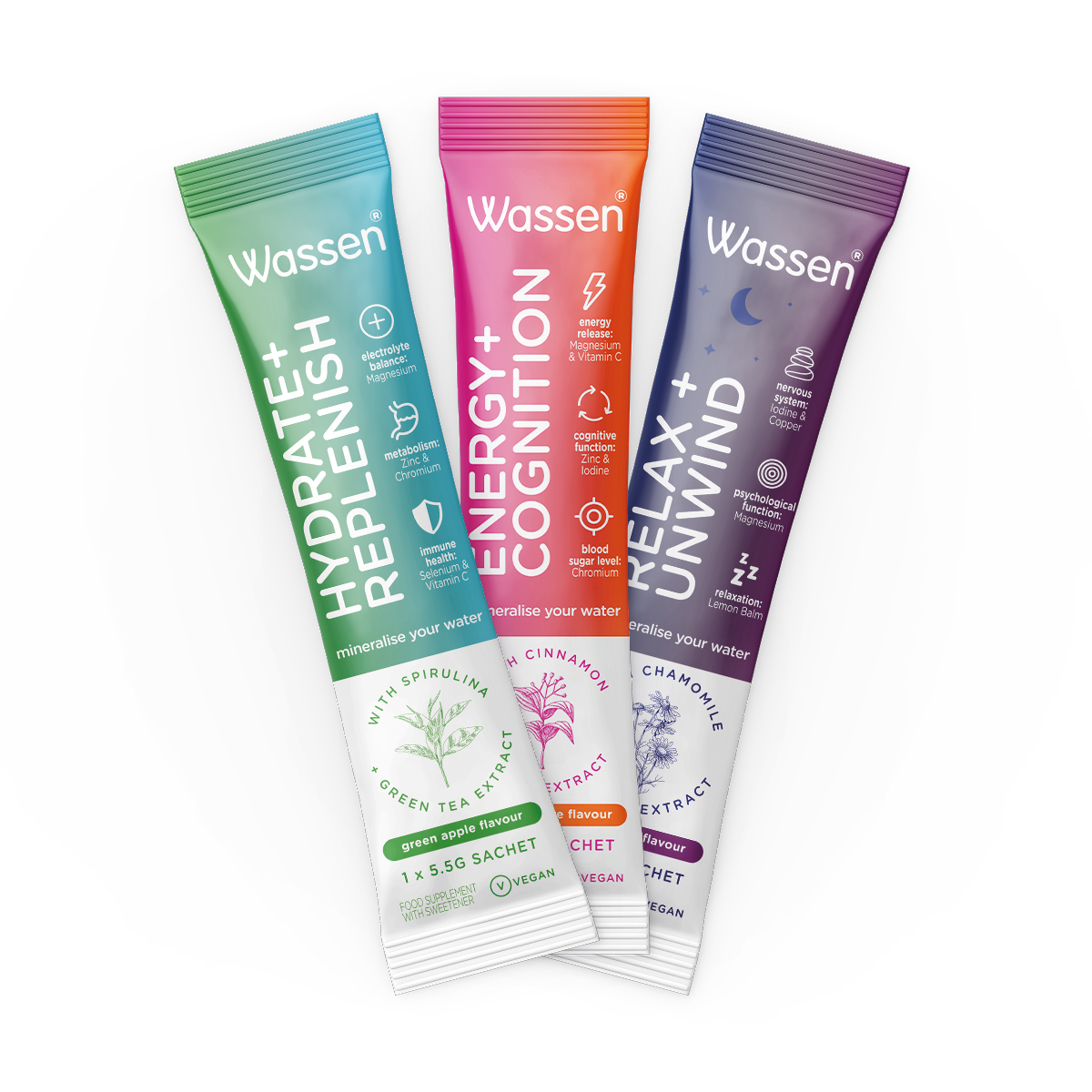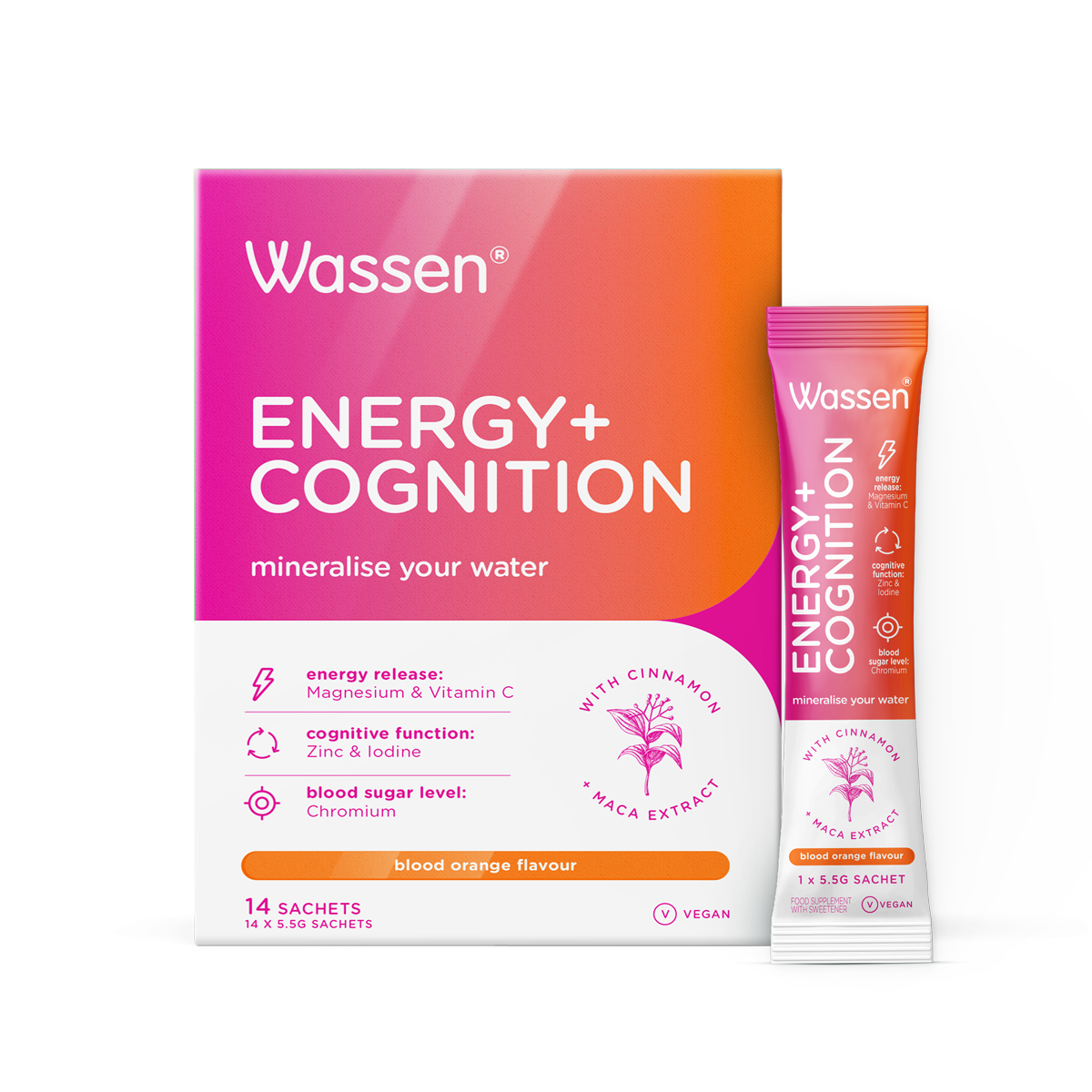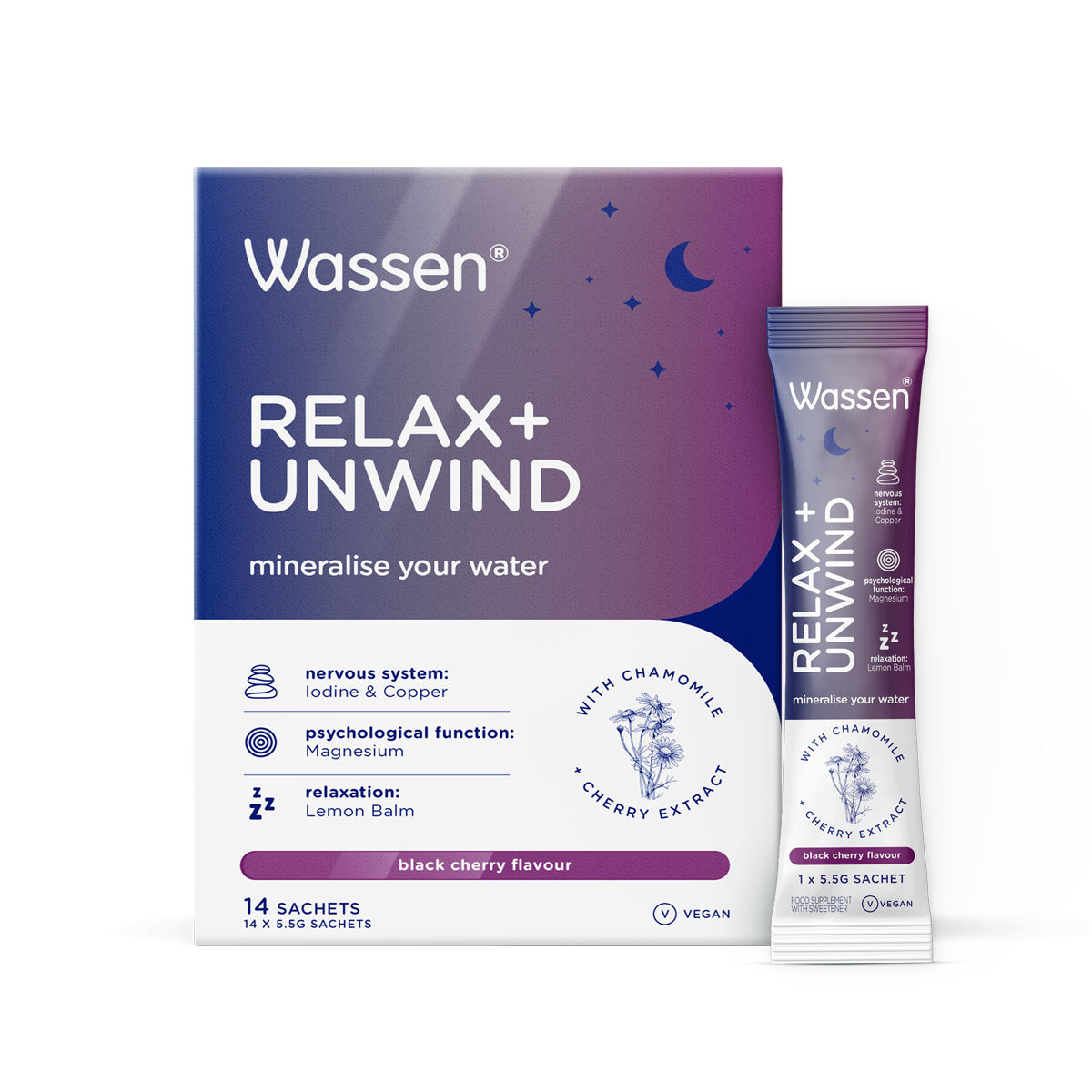
READY FOR ACTION
Running & Endurance Sports
Vitamins and minerals are a hot topic in sports performance. So, should you consider taking a supplement?
Ensuring your body is ready for action can make all the difference, lets have a look into the role micronutrients play in sports performance.
Micronutrients vs Macronutrients
Micronutrients are different to macronutrients in that they don’t contain calories to fuel your body, and they also don’t directly contribute to energy stores. However, they are involved in lots of the processes that your body carries out to enable you to perform at your best. Examples include turning food into energy through metabolic pathways, as well as supporting the maintenance of the musculoskeletal system, proper immune system function, and fluid balance. They also help with the synthesis and repair of new muscle tissue, stimulate muscles to function and protect cells from oxidative stress which may be caused by long and intense exercise.
Because athletes have higher rates of energy metabolism and need their bodies to function at higher intensities, they tend to need to consume more micronutrients than non-athletes. Electrolytes, which are essential minerals found in the diet, are lost during exercise. Sodium is lost in higher concentrations, while electrolytes lost in low concentrations include potassium, magnesium, and calcium. Consistent exercise is also likely to cause adaptations to metabolic pathways and increase the rate that vitamins and minerals are used by the body. This is where taking a supplement can help.
Food supplements provide concentrated intakes of essential vitamins and minerals, as well as botanical extracts that are less likely to be consumed in the average diet. Supplements are designed to support nutrient food intakes from foods, such as plants, meat, and dairy, and should be used to complement a healthy diet. They’re an easy way for athletes to increase their micronutrient intake while training, or generally throughout the day.

The ideal supplements for endurance athletes
It’s important for athletes to pay attention to their nutrition as it provides the body with the resources it needs to fuel and repair.
Vitamins and minerals to look out for when training regularly are calcium, zinc, magnesium, manganese, and copper, plus B vitamins and vitamin D. Micronutrients with the ability to reduce oxidative stress are also important, such as vitamin C and selenium.
-
Replenish lost electrolytes
Wassen mineral sachets replace electrolytes lost in sweat, maintaining the balance of fluid in your body and helping your body to work as it should. It gets to work fast, faster hydration = faster recovery
-
Fight fatigue and keep alert
Magnesium contributes to a reduction of tiredness and fatigue & keep alert and focused on your feet with caffeine from Green Tea, a naturally occurring stimulant.
-
With antioxidants and botanicals
Manganese helps protect cells from oxidative stress, acting as an antioxidant in the body. Each sachet contains a selected botanical providing extra health benefits.
Our range of drinkable supplements provides these micronutrients to support your nutritional intake on runs, throughout the day and when your body relaxes and repairs at night.

PRE, DURING, POST RUN & MORNING
HYDRATE + REPLENISH
Kickstart your sports performance micronutrient intake right from the start! Contains Magnesium for electrolyte balance, and Zinc and Chromium for energy-yielding metabolism.

DURING RUN, AFTERNOON
ENERGY + COGNITION
Replace electrolytes lost in sweat when you train and race, helps maintain focus with Zinc and Iodine for cognitive function and Magnesium and Vitamin C to support energy release.

POST RUN, LATE EVENING
RELAX + UNWIND
Before bed to help you unwind, relax, and recover throughout the night – contains Magnesium for protein synthesis, and Calcium for bone health, as well as cell division and specialisation.
Micronutrient deep dive
An in-depth look into some of the key nutrients in our drinkables range
-
CALCIUM
Maintaining good bone health is important for athletes as it can reduce to likelihood of stress fractures, one of the most common injuries seen in runners. Calcium also supports athletic performance due to its involvement in muscle function and neurotransmission.
-
ZINC
It’s involved in macronutrient metabolism, transforming nutrients into substances that the body can use to grow and repair, as well as protein synthesis facilitating muscle repair. It also contributes to normal serum testosterone levels in the blood. Testosterone is known for its contribution to muscle health and endurance.
-
MAGNESIUM
Supports processes that contribute to athletic performance. It’s involved in normal energy-yielding metabolism, as well as normal electrolyte balance, which keeps the body’s fluid levels in balance, as well as supporting cellular and muscular functions. Magnesium supports athletic performance by contributing to muscle function and the functioning of the nervous system. It is also involved in protein synthesis, supporting muscle repair, and is involved in the maintenance of normal bones.
-
MANGANESE AND COPPER
Help to maintain connective tissue health. Connective tissue is the tissue that supports and gives structure to the body, including attaching bones to muscles for movement, as well as being found in the joints. Ligaments, tendons, and
cartilage are connective tissues found in the musculoskeletal system. Manganese is involved in the formation of connective tissue, and copper helps with its day-to-day maintenance. -
B-VITAMINS
A group of vitamins involved in a range of different processes in the body but are mostly recognised for their role in energy release. Vitamin B5 is involved in normal mental performance and contributes to normal energy-yielding metabolism.
-
VITAMIN D
It’s an important vitamin and everyone, athlete, or non-athlete, should pay attention to it, especially throughout the winter months. Vitamin D is important for the absorption of calcium and the control of blood calcium levels, linking it to
bone health and maintenance. It is also involved in the maintenance of muscle function. Vitamin D is also needed by the immune system, contributing to year-round health. Keeping illness free helps to keep training on track throughout the year and keeps sickness-related off days to a minimum.
